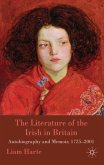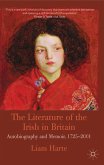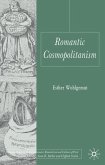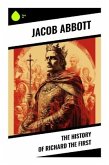In "The Ballad of the White Horse," G. K. Chesterton weaves a rich, poetic narrative that explores themes of faith, heroism, and the struggle between good and evil amid the backdrop of King Alfred's resistance against Viking invaders. This lengthy narrative poem, written in a romantic and lyrical style, employs a mixture of traditional ballad forms and original rhythms, creating a sense of musicality that draws readers into its vivid historical landscape. The poem juxtaposes the spiritual fortitude of its characters with the tumultuous events of the ninth century, exemplifying Chesterton's deep engagement with the English landscape and mythology. G. K. Chesterton, an influential English writer and philosopher, was heavily inspired by his Catholic faith and a fascination with social and political issues of his time. The poem was penned amidst the early 20th century, a period marked by national introspection and a search for moral clarity. Chesterton's own experiences with social reform and his belief in the importance of cultural roots significantly shaped the narrative and its celebration of individual valor and community belief. "The Ballad of the White Horse" is highly recommended for readers seeking a profound exploration of historical allegory infused with faith and national identity. Its engaging verses and thematic depth make it a compelling read for those interested in literature that bridges the past with contemporary moral dilemmas.
Bitte wählen Sie Ihr Anliegen aus.
Rechnungen
Retourenschein anfordern
Bestellstatus
Storno








